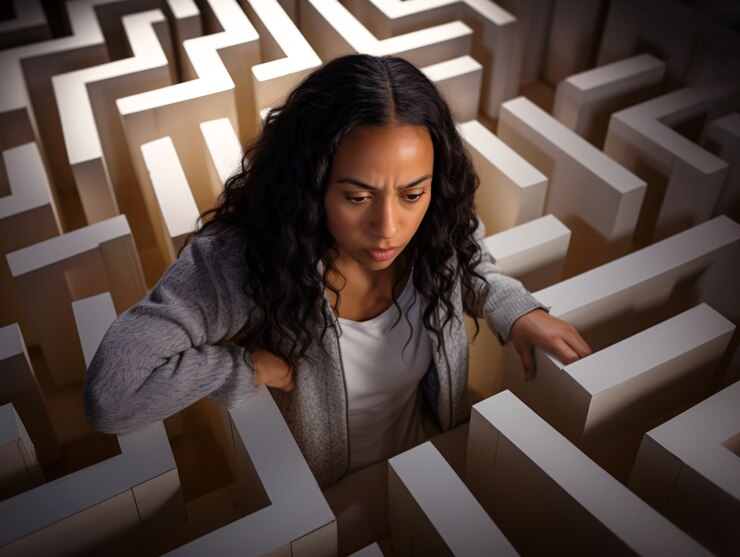In the intricate web of human relationships, emotions often take center stage. One prevalent emotion that can cast a shadow on even the most seemingly harmonious partnerships is the feeling of being used. But why do some individuals, despite being in mutually beneficial relationships, still grapple with this sentiment? Do these emotions negate the significance of love and appreciation in a relationship? Let’s delve into these questions to unravel the complexities of human connection.
Unraveling the Perception: The idea behind someone feeling used in a relationship, even when it’s ostensibly mutually beneficial, can stem from a variety of sources. One factor might be an individual’s past experiences, where they might have faced exploitation or manipulation. This history can create a lens through which they view current relationships, leading them to perceive actions or requests as potentially self-serving.
Another aspect to consider is the concept of reciprocity. In any partnership, there’s an expectation that both parties contribute and benefit. However, if one person consistently feels that their efforts outweigh the benefits received, a sense of being used may emerge. This perceived imbalance, whether real or imagined, can contribute to the feeling of discontent.
The Question of Reciprocity: The notion of reciprocity prompts us to ponder whether everyone uses everybody in relationships. While it might be a strong word, the reality is that relationships inherently involve give-and-take. It’s not about a transactional exchange, but rather a balance of support, care, and understanding. The key lies in maintaining equilibrium, ensuring that both partners feel valued and fulfilled.
However, the nuances of individual perspectives and expectations play a crucial role. Miscommunication or unmet expectations can lead to one person feeling used, even if the other party has no such intention. Establishing open communication channels becomes paramount to avoid these misunderstandings and foster a healthy relationship dynamic.
The Impact on Emotional Needs: Now, let’s explore the intriguing question of whether the feeling of being used diminishes the need for love and appreciation. While it might seem counterintuitive, the emotional toll of feeling used can indeed overshadow the positive aspects of a relationship. A person grappling with this sentiment may find it challenging to fully embrace gestures of love and appreciation, as the underlying suspicion of ulterior motives lingers.
This emotional barrier can create a paradox where the individual yearns for love and appreciation yet struggles to accept it genuinely. It emphasizes the importance of addressing feelings of being used head-on, as unresolved issues in this realm can hinder the development of a deeper, more meaningful connection.
Understanding the idea behind feeling used in a relationship requires a nuanced exploration of individual experiences, expectations, and past traumas. While reciprocity is inherent in any healthy relationship, clear communication and mutual understanding are vital to avoiding the pitfalls of perceived exploitation. Moreover, recognizing the impact of such feelings on the need for love and appreciation highlights the delicate balance required for the flourishing of authentic, fulfilling connections. As we navigate the complex landscape of human relationships, empathy, and open communication become our compass, guiding us towards a more harmonious coexistence.

